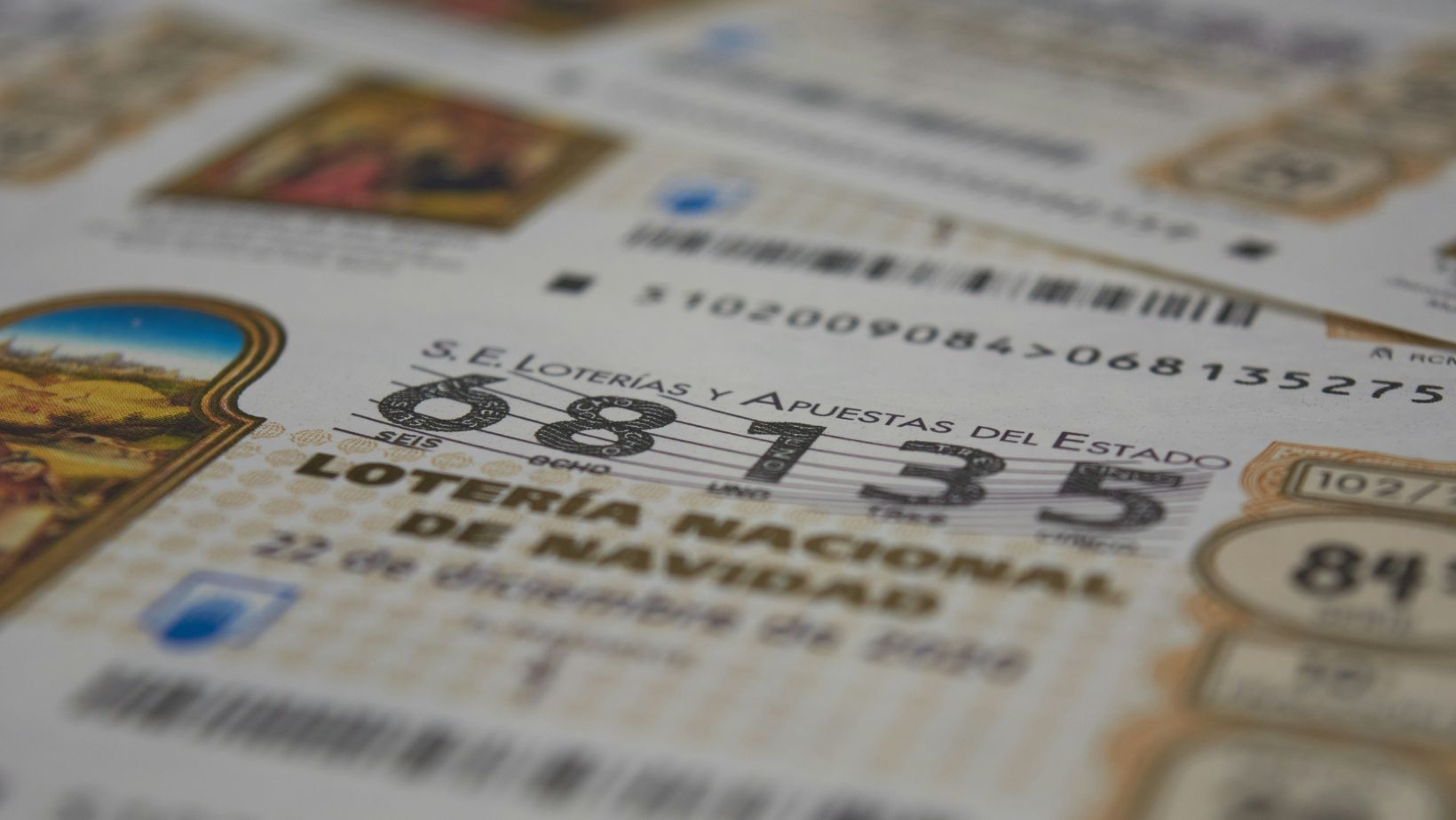State-run games have evolved from traditional paper-based systems into modern digital services, offering far more than just entertainment. Today, agencies are making transparency a central focus by providing accurate and timely access to official draw results and historical information. With digital portals allowing users to verify outcomes and explore details such as the pick 4 draw information, this shift is helping ensure fairness and accessibility for the public. The increased availability of trustworthy data is becoming a key driver in maintaining confidence and encouraging more people to engage with state-sponsored entertainment.
A More Open Approach to Public Entertainment
Transparency helps to establish accountability in systems where the public expects fairness. When users can review data directly from credible government sources, they are more likely to feel confident in the integrity of the process. Providing open access to daily draw results demonstrates that nothing is hidden behind closed doors and that every outcome is documented and verifiable. State-run agencies that embrace this openness are building stronger and more reliable connections with their audiences.
Many government organizations now invest in digital tools that allow users to explore game data independently. Rather than relying on third parties or waiting for delayed updates, players can verify information as soon as it becomes available. This self-service approach gives individuals greater control over how they interact with the game and reflects an understanding that transparency is fundamental to trust and participation. When data is accessible to all, people are more inclined to view the system as fair and well-managed.
Technology Enhancing Public Verification
Advancements in data systems have reshaped how daily games operate behind the scenes. Automated publishing processes ensure that information is delivered accurately and consistently, limiting the risk of human error or delays. These streamlined methods allow agencies to share real-time results that can be checked and validated by members of the public in real time. This level of responsiveness shows a strong commitment to accuracy and accountability.
Digital access also helps users track long-term data trends, broadening the service’s value beyond entertainment alone. Historical results can be used for analytical purposes, supporting research and informed decisions around participation habits. When organizations allow their data to be studied and understood, they send a clear message about their confidence in the system’s integrity. It reinforces a culture of transparency, elevating the agency’s overall perception and the service it delivers.
Building Public Confidence Through Accessibility
Trust is directly influenced by how easy it is to confirm information. If users encounter barriers such as limited updates or restricted access to results, they may begin to question the fairness of the system. Making data available at any time and from any device helps eliminate confusion and reduces suspicion over how outcomes are determined. As a result, participation feels more secure and supported by verifiable facts.

Online result portals are also designed to be straightforward and user-friendly, ensuring that people can navigate and understand the information at a glance. By simplifying how the public interacts with data, agencies help to remove uncertainty and strengthen engagement. Even those new to state-run entertainment can quickly become familiar with the process because the information they need is readily visible. Accessibility becomes a bridge that connects transparency with long-term trust.
Encouraging Participation Through Accountability
When the public believes a system is fair, participation naturally increases. Data transparency enables state-run games to demonstrate that outcomes are determined by random, secure processes, backed by published records. This reduces doubt and supports an environment where users feel comfortable returning again and again. The consistent availability of information is a powerful reassurance that every draw is handled with equal care and oversight.
As participation grows, so does awareness of the positive impact state-run games often have on local communities. Many programs help fund education, infrastructure, and other critical public services. When data confirms the entertainment’s legitimacy, users are more inclined to support the cause by staying engaged. Trust not only strengthens participation but also reinforces the value of these programs for society as a whole.
Data Transparency as a Long-Term Strategy
The shift toward open data is not a passing trend but a strategic priority for agencies committed to public accountability. Continual improvements in digital publishing and verification tools help ensure that transparency remains a core standard rather than an added feature. People can expect future upgrades that make access to draw data even more efficient, secure, and intuitive. These advancements emphasize the long-term investment in a fair and trusted system.
Maintaining a high level of transparency also helps protect public institutions from misinformation or speculation. Clear, accurate, and openly shared data counters misunderstandings and reinforces the truth behind the process. By prioritizing transparency today, state-run agencies are preserving trust for future generations of participants and supporters.
Conclusion
Data transparency plays a critical role in the current and future success of state-run games. The ability to quickly verify draw outcomes, explore historical information, and engage confidently with government entertainment programs strengthens public trust in significant ways. When agencies publish information openly and consistently, they show a commitment to fairness, accessibility, and accountability that the public can rely on. As technology continues to advance, this commitment will sustain strong participation and ensure that state-run games remain credible, enjoyable, and valued by the communities they serve.


